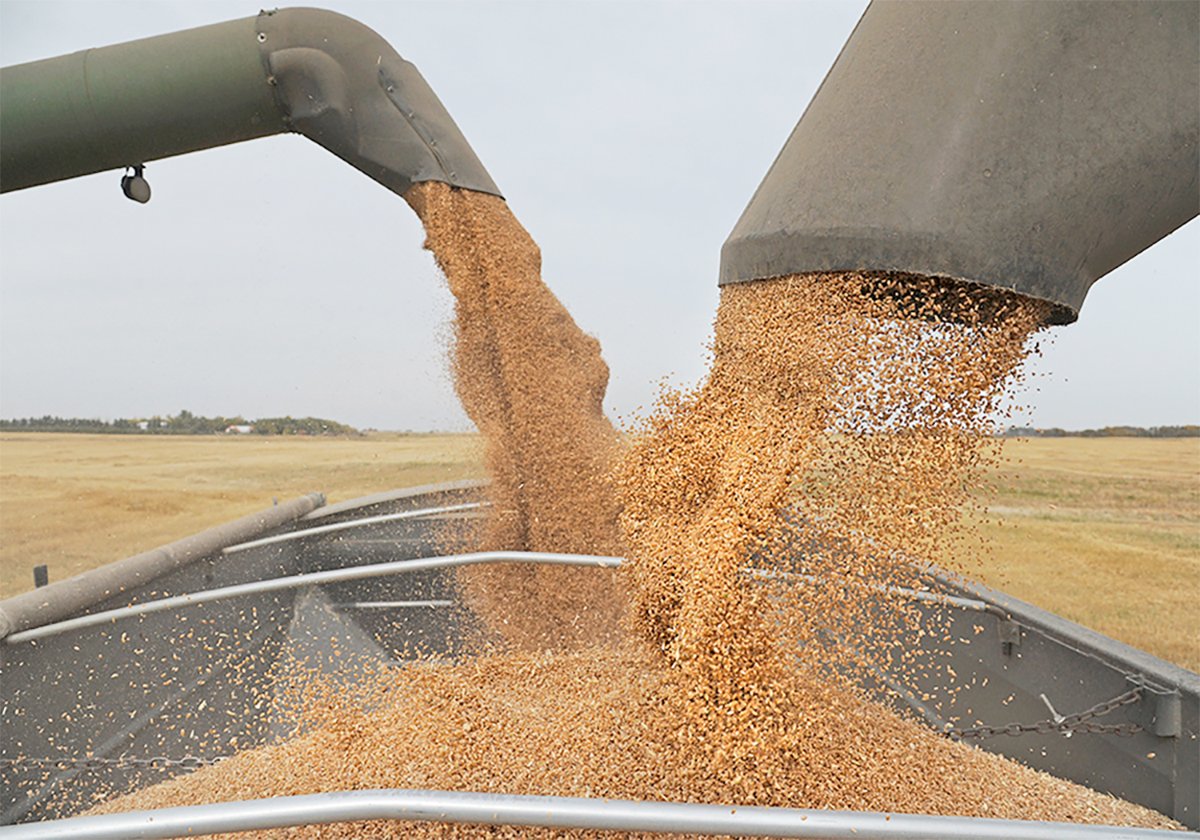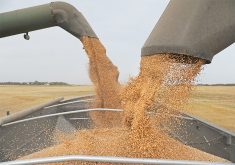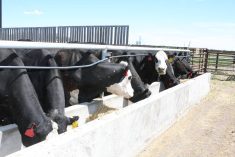NOW THERE’S more room for the rest of us, said the optimists.
Would the last one leaving the rural Prairies please turn out the lights, said the pessimists.
Canadian census results released earlier this month confirmed the long-term trend toward urbanization on the Prairies and across the country. While up to two million viewers tune in weekly to watch Corner Gas, the sitcom based on life in small-town Saskatchewan, it appears that relatively few of them would want to move to Dog River or similar locales.
Read Also

Agriculture productivity can be increased with little or no cost
There’s a way to enhance agricultural productivity with little or no cost. It doesn’t even require a bunch of legislative changes.
The reasons for rural depopulation aren’t hard to fathom: more and better services; greater educational and employment opportunities; a larger number of entertainment options and more modern conveniences. A major exacerbating factor is the trend toward larger but fewer farms, with correspondingly fewer people and reduced need to maintain certain services in nearby communities.
Yet the rural Prairies are not an anachronism. They are populated, albeit sparsely, by modern, vibrant people whose expectations for quality of life have evolved at the same rate as the rest of the population.
An apt illustration is the current controversy over potential closure of rural Saskatchewan schools. Rural depopulation and related budgetary pressures are the culprits and parent/student expectations are the sticking points.
But amid that controversy, here is what Dawn Reich of Kronau, Sask., had to say, in a letter to media, about her home: “I’m not sure what rural Saskatchewan means to you but to us it means peace, great air, deafening silence at night, crickets, frogs and beautiful, dusty sunsets. It means evening walks with your family and the most spectacular light show on earth in a storm. It means snow and wind and almost unbearable cold in winter … it means stamina and facing challenges – an absolute dream place to raise a family.”
Those in rural areas know the value of the lifestyle, the culture and the economy. They know the importance of maintaining communities that sustain all those who help feed Canada and the world.
The ever-growing challenge is to ensure others know that value too. As the urbanization trend continues, that is going to require rural prairie dwellers to stand up for themselves, as they are so used to doing.
It’s going to mean additional responsibility for such organizations as the Alberta Association of Municipal Districts and Counties, the Saskatchewan Association of Rural Municipalities and the Association of Manitoba Municipalities to represent the needs and concerns of rural residents to their respective provinces.
As population dwindles, so does political power in terms of federal government representation and any need to cater a rural vote. That means more responsibility for the rural caucus to ensure those living in the heartland are able to maintain an acceptable, satisfying standard of living.
Reich’s words about her province echo across the Prairies: “We are tough, helpful, friendly and kind. Above all, we are probably the most community minded and family oriented part of society that Canada has.”
Well said.
Bruce Dyck, Terry Fries, Barb Glen, D’Arce McMillan and Ken Zacharias collaborate in the writing of Western Producer editorials.














